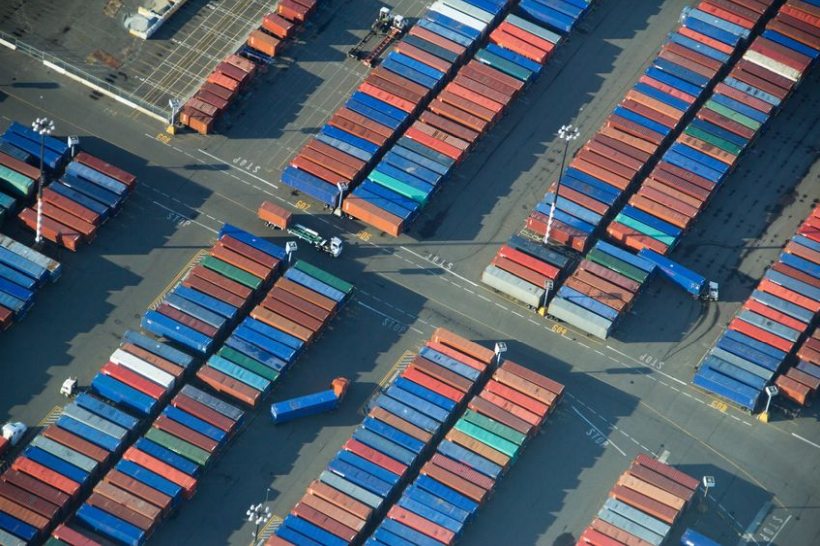UK food exports fall for first time since 2015

British food and drink exports have fallen for the first time since 2015, declining by nearly 14 percent down to £9.7 billion, figures show.
The Food and Drink Federation (FDF) has today (1 October) published a report detailing UK food and drink exports in the first half of the year.
Exports to all but three of the UK’s top 20 export markets fell, with sales to China (+0.3%), Canada (+6.7%) and Norway (+46.9%) seeing growth during the first half of the year.
Of the UK’s top ten export product categories, only pork saw positive value growth (+17.5%) with sales of £300m, largely driven by exports to China which purchased £132m of UK pork.
While the fall in exports is linked to the global impact of Covid-19, analysis by KPMG as part of the report highlights that differing markets are at varying stages of the Covid-19 lifecycle.
China is currently experiencing a period of growth, whereas other nations are in recession, it says.
KPMG identified brand trust as a key driver of consumer purchasing decisions across all markets and an opportunity for exporters throughout the remainder of the year.
While overall exports of branded products fell by 7.1% in H1, sales of branded products to non-EU markets grew by 1.9%.
Looking further ahead, the UK-Japan trade agreement announced in September presents a key opportunity for exporters, with Japan currently the world’s largest net importer of agri-food, and the UK’s 19th biggest market in H1 - worth £124.5m.
The report says demand for imported food and drink in Japan is growing because of its ageing population and a continued shift toward Western consumption patterns.
Dominic Goudie, Head of International Trade at the FDF, said a fall in exports this year demonstrated the 'huge challenge' currently facing agri-food exporters.
"We also have serious concerns about our access to existing EU trade agreements, with more than £1.7bn of UK exports at risk where continuity deals haven’t been agreed," he added.
"However, there remain many opportunities overseas as we navigate our way through economic recovery, and build relationships through new future trade agreements such as with Japan – the world’s biggest net importer of food and drink.
“Looking ahead, it is vital that we continue our work with government to deliver sustainable export growth over the next few months and beyond the end of the transition period in January 2021.”








